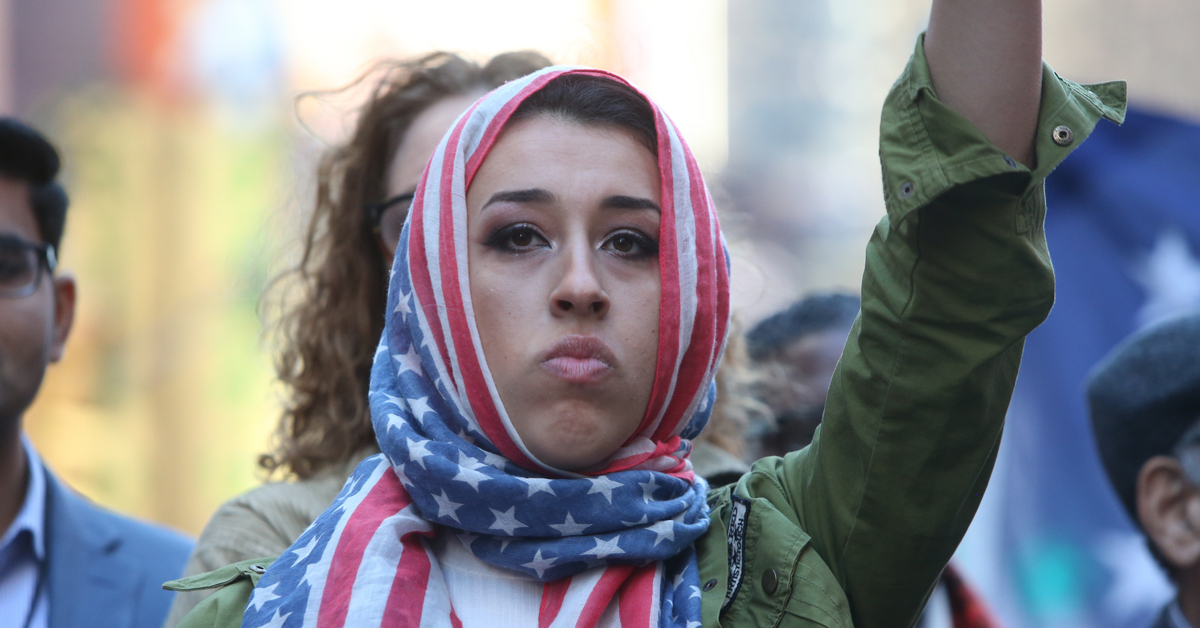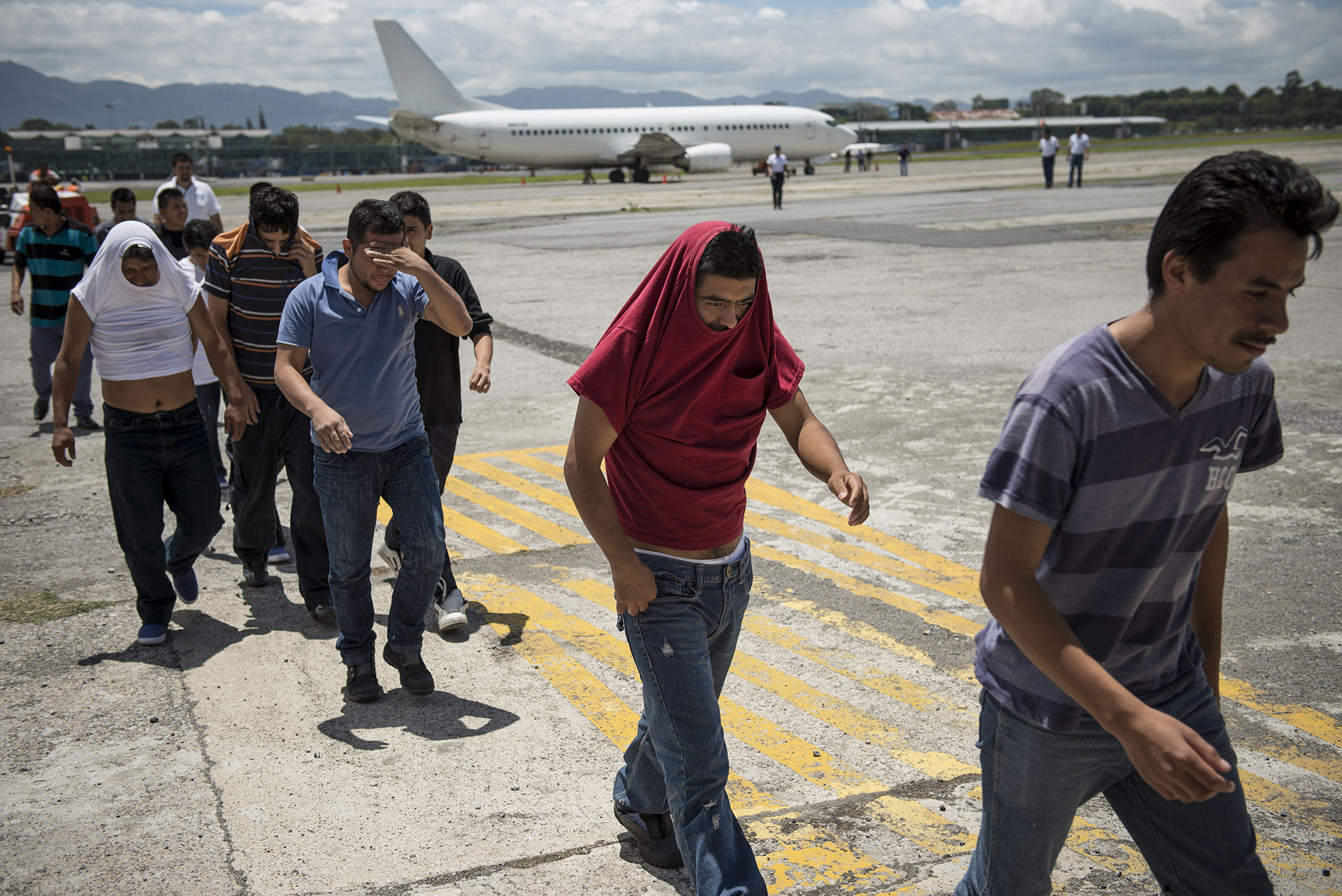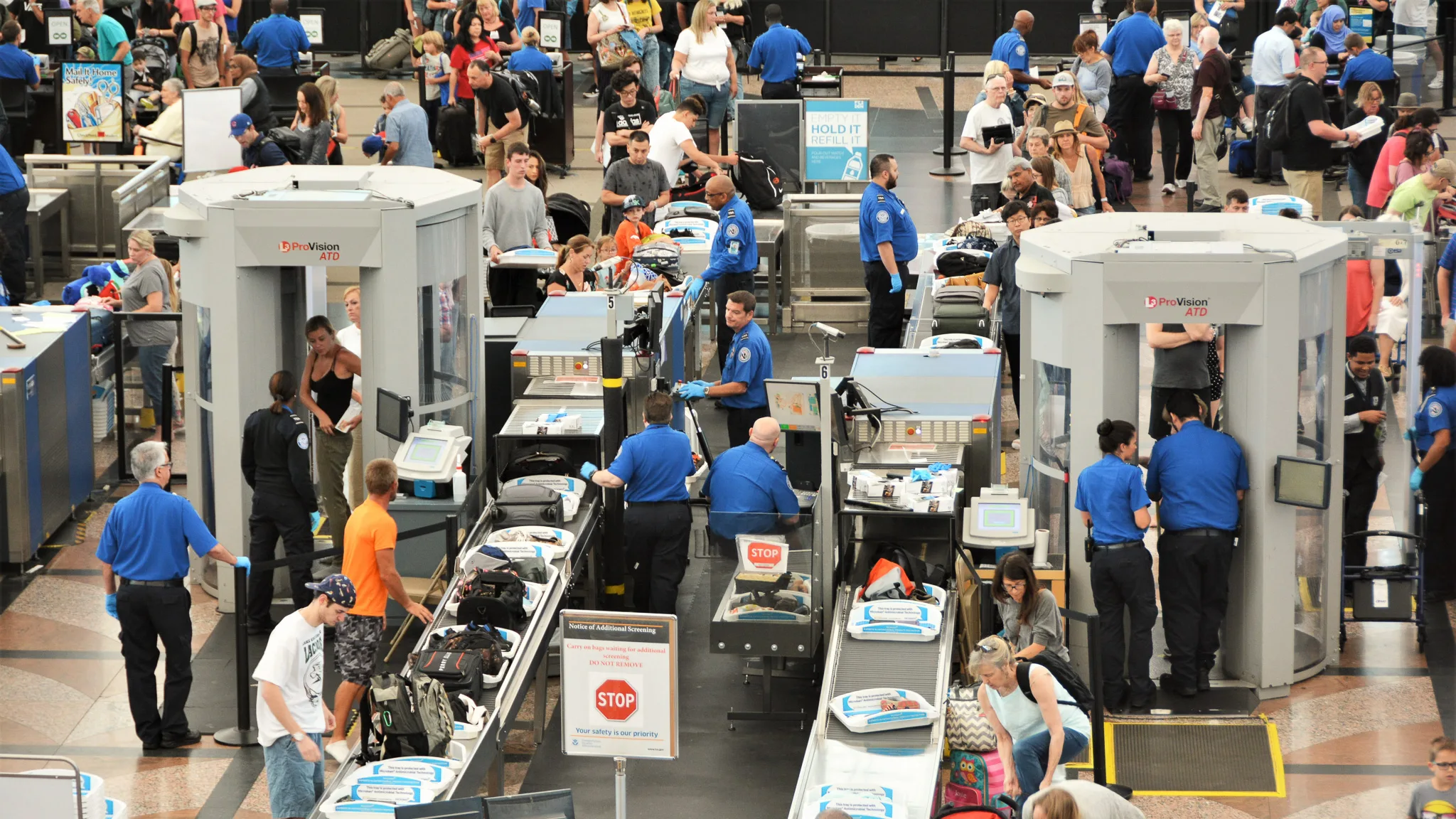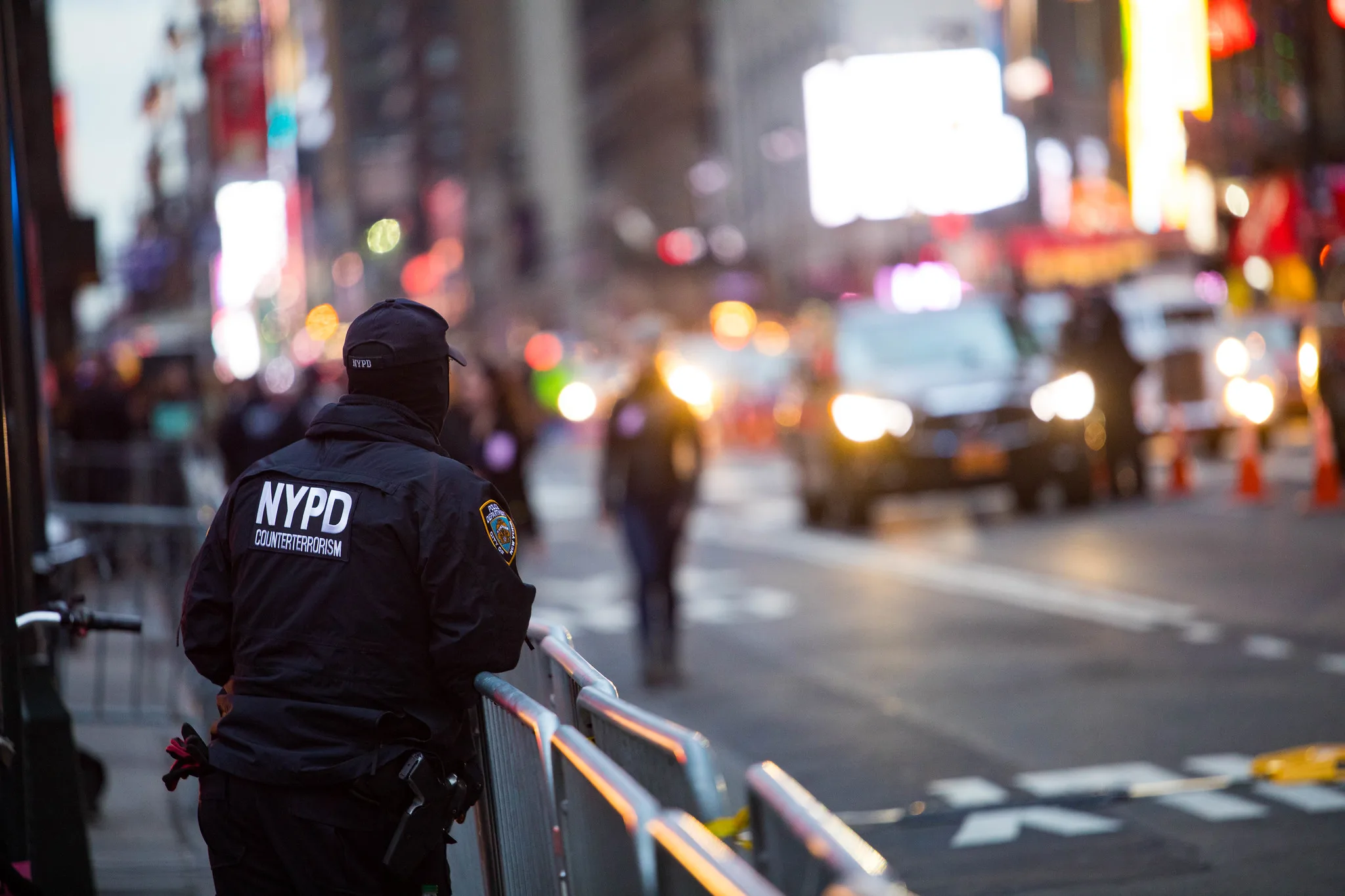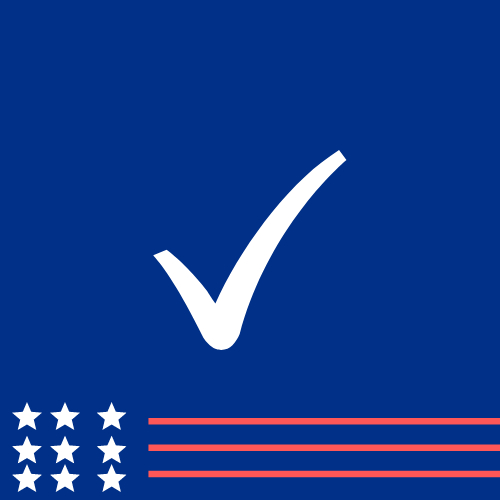
Editor’s Note: Over the next month, Documented will be looking back at the Trump administration’s immigration policies over the past four years and examining how they’ve impacted New Yorkers. Read all of our coverage here.
Yemeni American Sfuaun Ali, 29, has been waiting for three years to hear back from U.S. Citizenship and Immigration Services (USCIS) about the status of the I-130 form he submitted for his wife to join him in New York.
After getting married in 2014, Ali returned to New York to finish his bachelor’s degree in international business while his wife stayed in Egypt when the war in Yemen was worsening. The married couple missed many life events, including Ali’s graduation in 2019.
“When I graduated, my wife called and said that she thought she would be with me at that time celebrating and I will never forget that call because it really hurt me,” he said.
Ali is among many Yemeni-Americans who have been impacted by the consequences of President Donald Trump’s travel ban on immigrants from a list of Muslim majority countries. The ban was issued in Trump’s first week as president and has gone through many iterations, but in his first term, it has impacted the lives of thousands of Americans hoping that their loved ones could join them.
Also Read: The High Cost of the Travel Ban: Yemenis Pay Thousands to Reunite Families
Ali eventually decided to put his post-grad career plans on hold to join his wife in Egypt. With his wife suffering certain medical obstacles to conceiving a baby, doctors in Egypt have advised them to follow a strict medical plan that requires both of them to be together in the same place, a treatment they both expected to follow at their home in New York had the immigration petition been processed.
Ali’s attorney told him processing time is long because of the travel ban since his wife is a Yemeni. The ban impacted three sizable American populations, from Iran, Yemen, and Syria. Under the Presidential Proclamation 9645, all three countries as well as Libya and Somalia were placed under an indefinite ban on the issuance of immigrant and non-immigrant visas, but Iran is allowed student visas.
In November 2019, Ali’s attorney contacted USCIS to follow up on the case and received a reply saying that it is in the queue to be scheduled for an interview.
“I remember calling my wife and telling her the good news, asking her to hang in there because we are getting closer. But nothing happened at all, we still didn’t get a response,” Ali said.
Ali turned to the Council on American-Islamic Relations in New York, or CAIR-NY, for help with his case. On his behalf, the organization filed a lawsuit on Aug. 26 to get a court order demanding a decision. The order was issued and an immediate decision on Ali’s case is expected to be made as an interview is currently being scheduled.
Many others are suffering from family separation under the travel ban. Iranian green- cards holder Shaghyegh Ansari, 31, moved to the United States in 2013 on a student visa to pursue a master’s degree in architecture at the University of Arizona.
“Coming to the U.S. was a dream for me and my parents, I was hoping to bring my father someday to live here,” Ansari said.
Her father believed that the United States is a “dreamland” where “we can achieve things we can’t achieve in Iran if we are being good citizens,” she said.
Because of the ban, Ansari was unable to bring her father to live with her, as he wished. In 2017, he was diagnosed with stage 4 brain cancer and died 15 months later.
“I never had the chance to spend more time with him and this is something I am always thinking about,” she said. “It is not a dreamland anymore if they keep stealing time and opportunity from us to be together as a family who deserved the minimum chance to visit me.”
Ansari, who now works as an architect in Tucson, Arizona, also missed having her family present when she was married, she was unable to gather her family with her husband’s family in the U.S.
Ansari’s sister won the diversity visa lottery and was scheduled for an interview at the American embassy in Armenia on December 5, 2017, with Ansari being the bonafide relationship waiver in her sister’s immigration case. To her surprise, the Supreme Court granted the Trump administration’s request to temporarily allow the ban to take full effect a day before her long-scheduled interview, resulting in her interview cancellation and diversity visa rejection.
Thousands applied for a travel ban waiver
One way to steer clear of the ban is to apply for a travel ban waiver that is issued based on certain criteria. The applicant needs to demonstrate whether denying entry would cause “undue hardship,” doesn’t pose a threat to the United States, and that entry is in the national interest.
It is unclear what constitutes an “undue hardship,” but in most cases it has been associated with critical health conditions. The Arab-American Family Support Center, a non-governmental organization providing legal and social services to low-income immigrants, was able to secure waivers for individuals on those grounds, including a mother who wanted to join her son in the U.S. for his surgery, according to Kerry Sesil, senior director of resource development at the center.
“Getting approved or denied a waiver is almost the luck of the draw and you don’t get explanations for waiver rejects, the entire process is a sham,” Ahmed Mohamed, litigation director at CAIR-NY, told Documented.
In July, 64,286 immigrant and non-immigrant applications were considered for a waiver, but only 35 percent were approved, according to State Department data. There is no waiver form or process that applicants can adhere to and it is still not clear what situations qualify for waivers, according to Mohamed.
“We had a case at YAMA [the Yemeni American Merchants Association] where the boy was rejected a waiver but his parents were approved for it, and the first reason we received from the State Department was that he didn’t pass the background clearance and our reaction was why would an 11-year old need a clearance what could have he done?” Debbie Almontaser, YAMA co-founder, said.
When asked what the common reasons are for ban waiver rejections, the State Department gave no comment.
Sparking a political movement
The Muslim community in the United States continued to witness how the implications of the ban were impacting their families, but they were mostly “devastated” when the Supreme Court upheld the ban in 2018, according to Mohamed.
Also Read: Yemeni New Yorkers React to Supreme Court Travel Ban Decision
“They felt betrayed by the Supreme Court and part of us was shocked that the Supreme Court would sanction such obvious anti-Muslim bigotry and policy and this is going to be one of those decisions that haunt the Supreme Court for decades to come,” he said.
Muslim communities in the U.S. and advocacy groups pushed back. Organizations such as YAMA and CAIR-NY, for instance, have coordinated with members of Congress to push cases through administrative processing delays or sued American embassies that were slacking in processing visa application waivers.
“The Muslim ban itself ignited a lot of emotion in the Yemeni-American community who realize that they have to be more civically engaged by becoming citizens, settling their families here, voting in elections, running for office in New York City, and protesting for themselves,” Mohamed added.
Yemeni Americans in New York previously sparked a movement in response to the ban through a bodega strike in Brooklyn. Around 1,000 Yemeni bodega owners closed their stores in February 2017 to protest the ban at Brooklyn Borough Hall, where they were joined by thousands in solidarity with the Muslim and Arab community in the city.
Three years later: where is the community now?
Even though the ban sparked a strong movement, it was still not enough to hinder the increasing family separations and save those stuck in war-torn Yemen and Syria.
Putting a hold on his career and receiving financial assistance from his father, Ali will stay in Egypt with his wife until their case moves forward. If they receive a rejection to their I-130 form, Ali plans to restart the process again or file his case in North Carolina — instead of New York — where his brother petitioned for his wife in 2018 and is currently getting her interview scheduled while her papers are being processed at the visa center.
“If we receive a rejection, my wife will be the most hurt by this and I am scared that this separation would mentally affect her,” Ali said.
As for Ansari, she applied for a green card extension in November and petitioned for an I-130 in May, but she has not heard back about either application.
“Right now my only wish is for my mom to come and visit, I want her to see the life she encouraged me to build here and that I got married, and I want to start her visa paperwork,” she said.
Though many individuals such as Ali and Ansari are trying to find a way around the ban, the Trump administration managed, according to Sesil, to create fear and separate families by targeting communities in a discriminatory way.
“It [the travel ban] is a heartbreaking and dehumanizing policy that has become a confusing labyrinth that made people feel they are not welcomed in the United States,” she said.
